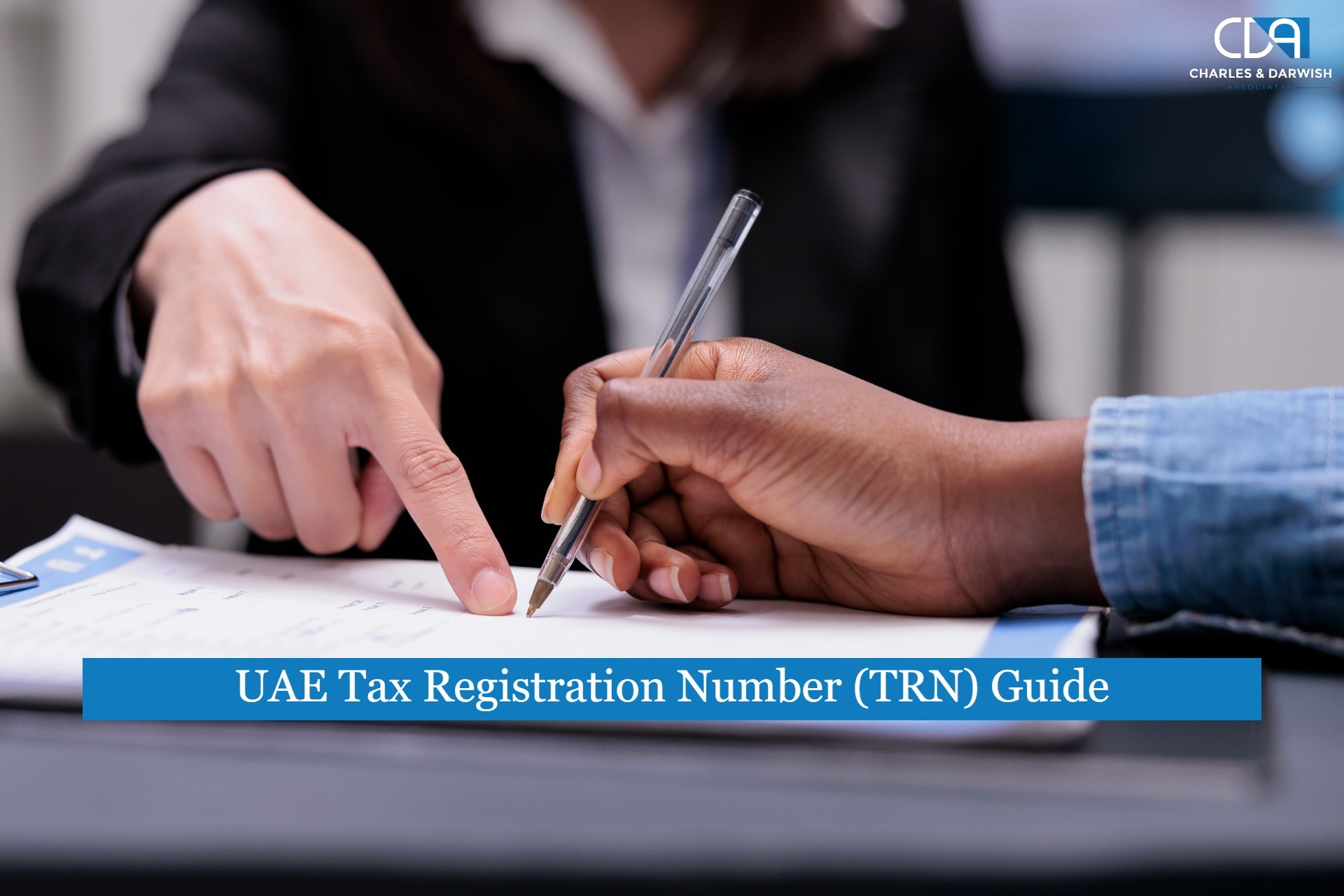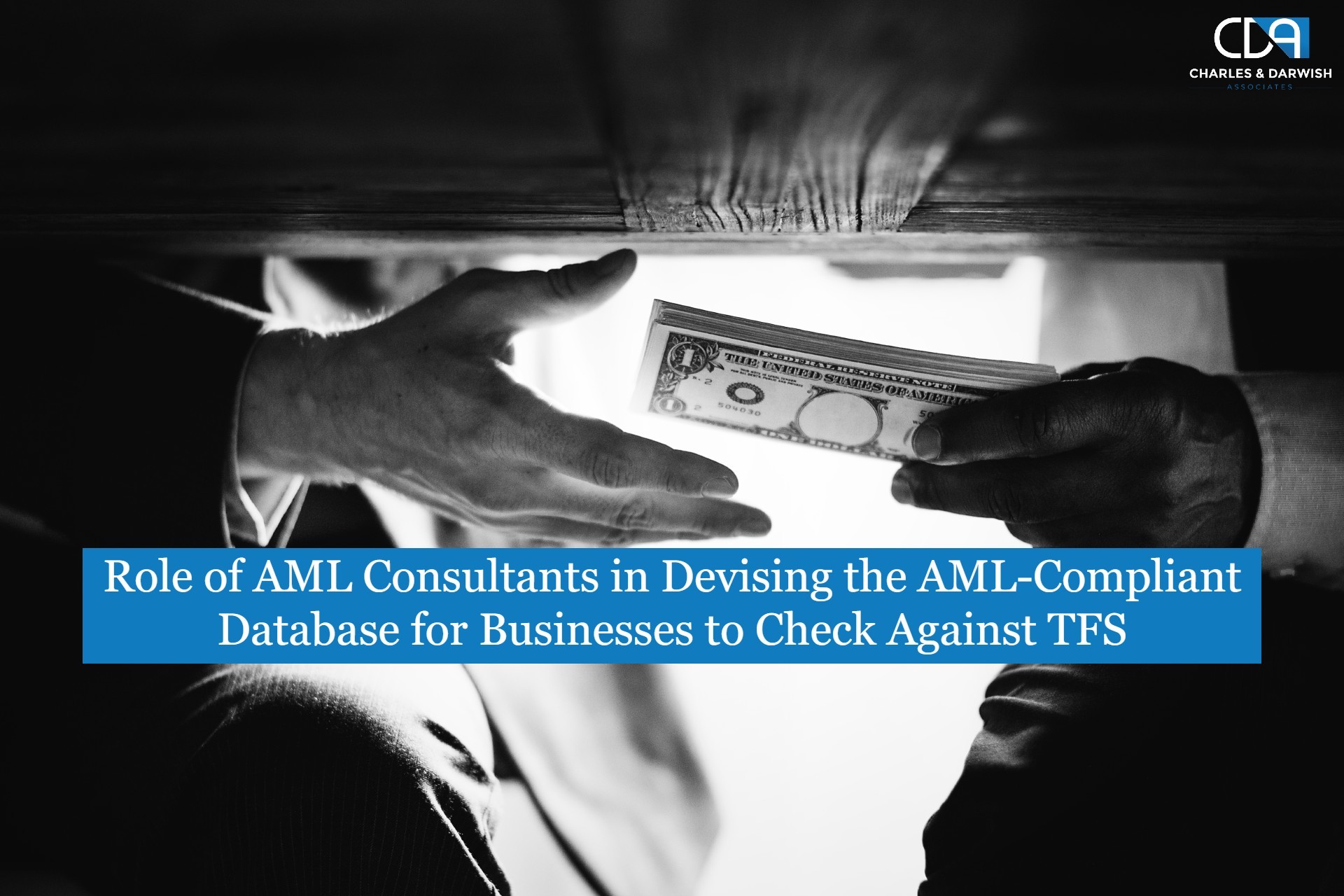Selection of Related Parties for Transfer Pricing in Light of UAE Corporate Tax
The introduction of corporate tax in the UAE in 2023 has forever changed the business landscape. At the core of all business proceedings concerned with corporate tax lies transfer pricing, a set of regulations ensuring fair pricing between related entities to prevent artificial profit shifting.
But before navigating the intricacies of profit shifting, the first hurdle is identifying the elusive "related parties" involved. This seemingly simple task can unravel into a tangled web of family ties, ownership structures, and hidden connections. The selection of related parties is a daunting task because this can include anyone from family to business partners to the business entities they own.
What is Transfer Pricing?
Transfer pricing is a crucial aspect for multinational businesses operating in the region. In essence, it's a set of regulations ensuring transactions between related parties—entities with intertwined ownership or control—are conducted at arm's length prices.
This means the prices should be similar to what independent companies would agree on in an open market, preventing the artificial shifting of profits for tax purposes. This has become quite important and necessary with regard to globalisation and increasing border trade between countries.
Selection of Related Parties for Transfer Pricing
In the UAE, selecting parties for transfer pricing depends on a broad definition of "related parties" outlined in the Federal Tax Authority's (FTA) guidelines. It goes beyond immediate family ties and direct ownership, encompassing various forms of control and influence. Here's how it works:
- Family ties, or kinship, include the relationships of two or more persons up to the fourth degree of kinship, including parents, siblings, children, aunts, uncles, cousins, and even in-laws. The degrees of kinship may include:
- First Degree: It includes the natural person’s parents and children and the parents and children of the spouse.
- Second Degree: It includes a natural person’s and his spouse’s grandparents, grandchildren, and siblings.
- Third Degree: It includes a natural person’s and their spouse’s great-grandchildren, uncles, aunts, nieces, and nephews.
- Fourth Degree: It includes a natural person’s and their spouse’s great-great-grandparents, great-great-grandchildren, grand uncle, grand aunt, grandniece, grandnephew, and first cousins.
- Ownership: Any natural person and a juridical person might be related parties if, through ownership, the individual or one or more of the related parties of such individual are shareholders holding in the juridical person, and the individual himself might be holding 50% or more ownership in the juridical person.
- Control Mechanisms: Entities with the power to appoint or dismiss key management personnel, control financial or strategic decisions, or exert significant influence over another entity, regardless of ownership percentage. This also includes a person who receives 50% or more of the profits from a business entity of a related party or owns 50% or more of the voting rights of the related party.
Additional Criteria For The Selection of Related Parties:
Apart from the basic criteria for the selection of related parties for the purpose of transfer pricing mentioned above, here are some additional criteria for the selection of a related party, a related party might be:
- Any person and the permanent establishment or any foreign PE, i.e., the transfer pricing rules, will be applicable to the transactions between the person and the PE.
- When there are two or more partners in the same unincorporated partnership
- Any person who may be a trustee, founder, settlor, or any beneficiary of the trust or foundation, inclusive of any related parties to such trusts or foundations.
Significance of the Selection of Related Parties:
Accurately identifying related parties in view of the recently introduced UAE corporate tax law is crucial for:
- Compliance: It is imperative to keep up with the current tax regulations, and transfer pricing is one of the ways to ensure that businesses are passing through the tax scanner without any major issues.
- Tax Optimisation: Understanding which entities are related allows people involved in businesses to structure their transactions in a way that optimises their tax burden while also strictly adhering to the arm's length principle.
- Documentation: In all tax and audit processes, documentation is one of the biggest strongholds of a business. For transactions between related parties, maintain extensive documents for each and every transaction so as to make everything transparent in light of the corporate tax law.
While it can be tricky to navigate the tax waters in the UAE, it is even trickier to navigate the same in the context of related parties in the UAE. You have to be careful and mindful of the laws and maintain proper receipts and documentation of them.
Keeping things above board and transparency in business dealings are a given in any country or jurisdiction; it is one of the ways the government maintains a discerning eye on the growing business entities of the region.
How can CDA Assist You with CT?
CDA, being a leading auditing and accounting firm in the UAE, has served its clients by providing them with premium auditing and accounting services. CDA, by understanding the tax advisory requirements of its clients, has beforehand trained its team with the new corporate tax regulations, enabling them to provide multi-dimensional tax assistance to the clients. CT being recently implemented in the UAE might still be an undiscovered area for many businesses, so to solve the corporate tax intricacies, approach our expert team now.

Mark Thompson
Full-stack Developer, Blogger, and Tech Enthusiast.
Mark specializes in digital marketing, SEO, and content strategy.













